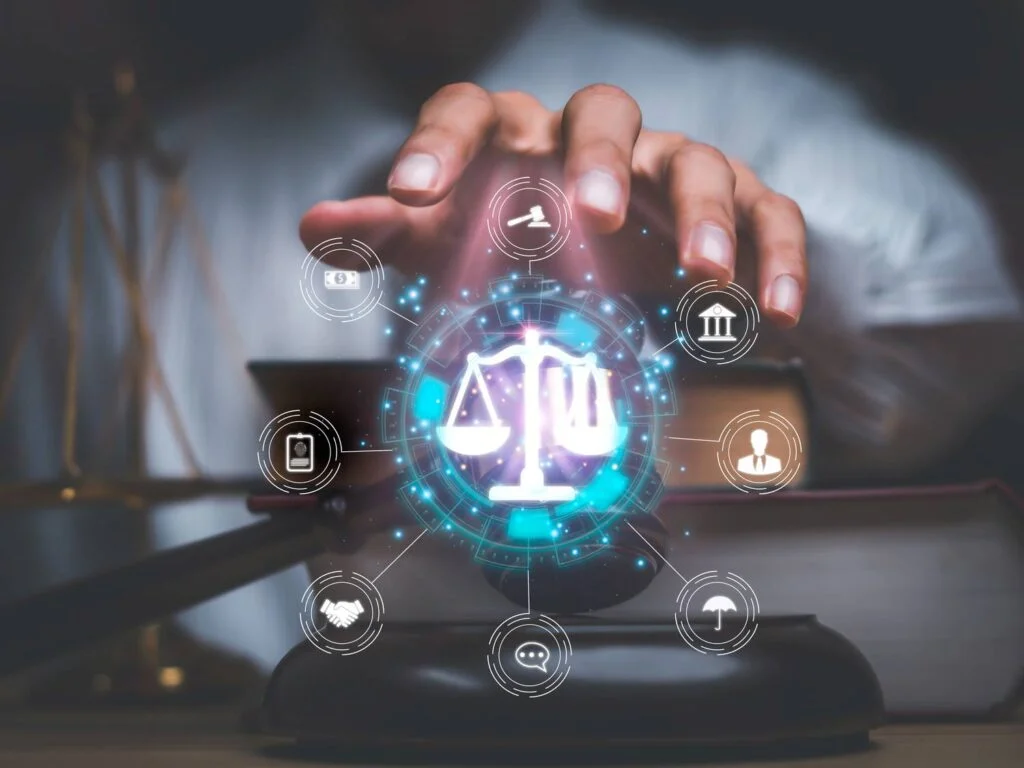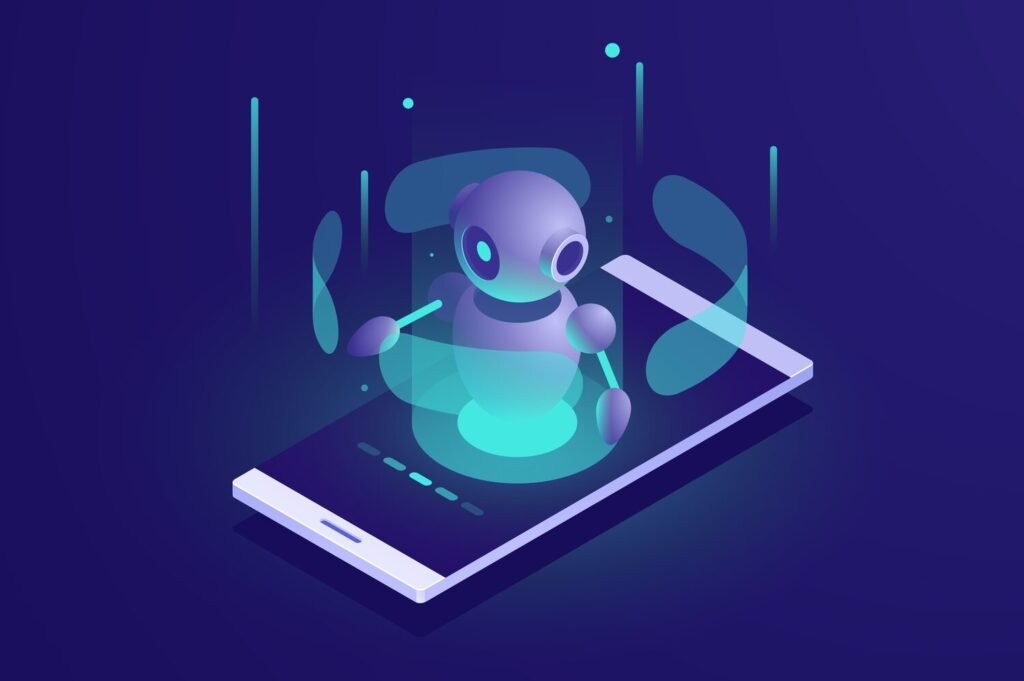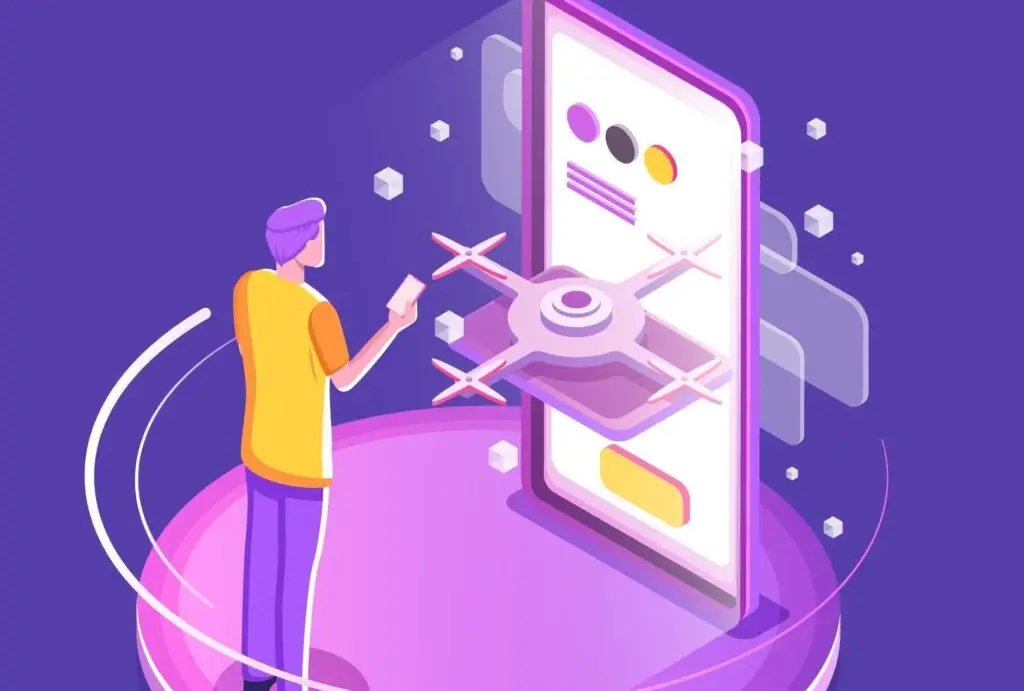How to Ask ChatGPT About the Laws of Family Court?
Navigating family law can feel like a maze. Between child custody, parenting plans, and legal documents, things get complicated fast. But what if AI could help you understand the basics? That’s where ChatGPT comes in. While it won’t replace a lawyer, it can guide you on specific topics, giving you a solid starting point for court-related matters. We know you’re here to know how to Ask ChatGPT About the Laws of Family Court. Before we get into this, let’s understand if artificial intelligence and automated chatbots can help us for real or not. Keep reading to explore the easiest way to ask ChatGPT about family court laws!
Can AI Tools Help You Navigate Family Court?
You can’t ignore the power of AI. AI tools like ChatGPT are changing the way we handle information, even in the legal field. They’re not just for writing emails or summarizing text—they can assist with family law disputes too! Imagine being able to ask ChatGPT things like, “What does a good parenting plan look like?” or “How are custody cases usually resolved?”
But here’s the thing: ChatGPT isn’t a lawyer. It provides general info but can’t give professional legal advice. You’ll still need to consult a lawyer for complex cases or when filing legal documents.
ChatGPT can assist with family law disputes, but for serious matters, seek a legal professional!
What ChatGPT Can (and Can’t) Do in Family Court Matters
Generative AI systems are innovating lives, but you must be aware of the privacy concerns and output control of this advanced technology. In the same concerns, let’s break down what ChatGPT can actually help with—and where it falls short.
What ChatGPT can do:
- Explain laws of family court in plain language.
- Generate parenting plan ideas to help create a balanced schedule.
- Offer tips on custody arrangements and suggest ways to avoid disputes.
- Provide insights into child custody laws and help you understand how courts determine the child’s best interests.
What ChatGPT can’t do:
- Give professional legal advice: It’s not a substitute for a lawyer.
- Draft legal documents that will hold up in court.
- Represent you or provide specific legal strategies for your case.
Pro tip: Think of ChatGPT like a guidebook. It can point you in the right direction, but it won’t act as your attorney.
Also Read Is Artificial Intelligence General Purpose Technology Different from AI?
How to Ask ChatGPT the Right Questions About Family Court?

Let’s break down the question “How to Ask ChatGPT About the Laws of Family Court”. To get the most out of ChatGPT, you need to ask the right questions. The clearer your questions, the better the answers will be. Here are some examples:
- “What are the key factors that affect custody arrangements?”
- “How do courts resolve legal disputes between parents in family law cases?”
- “What should a simple parenting plan for joint custody include?”
These examples show how specific questions get you the most relevant information. If your question is too broad, like “How do I win my case?”, the answer may not be very useful. But if you narrow it down to something like, “What factors do courts consider in custody cases?”, ChatGPT can provide more meaningful insights.
Specificity is the key to success when interacting with ChatGPT. The more precise your question, the more focused the response will be. It also helps to break down complex questions into smaller parts. For example, instead of asking, “How can I get joint custody?”, you could try asking, “What steps can I take to improve my chances of getting joint custody?”
The idea is to think about what you really want to know and phrase it in a way that is clear and direct. This saves time and ensures you receive practical advice. Whether you are looking for legal information, parenting tips, or general advice, well-defined questions help you unlock ChatGPT’s full potential.
Common Topics ChatGPT Can Help Within Family Law
Here’s a list of areas where ChatGPT can provide helpful information:
- Custody Arrangements: Explains joint custody vs. sole custody and how parents can set up schedules.
- Parenting Plans: Provides basic templates for co-parenting and decision-making responsibilities.
- Child Custody: Breaks down what it means to act in the child’s best interests—a key concept in family law.
- Legal Documents: Offers guidance on what paperwork you might need (though you’ll still need a lawyer for final versions).
- Navigating Family Law: Gives a general overview of divorce, child support, and spousal support.
If you’re preparing for family court, these are the topics you can explore with ChatGPT to feel more informed.
Examples of Prompts to Ask ChatGPT About Family Court
Not sure how to frame your questions? Here are a few sample prompts:
- “What are the typical custody arrangements parents can choose?”
- “How do judges decide what’s best for the child?”
- “What paperwork do I need to prepare for a custody hearing?”
- “What happens if both parents ask for full custody?”
- “Can you suggest a parenting plan that works well for shared custody?”
These questions are straightforward, making it easy to get clear answers from ChatGPT. They are also practical, focusing on the exact information you need to navigate custody matters.
Navigating the Complexities of Family Law with ChatGPT
ChatGPT offers a valuable resource to simplify the process of navigating the complexities of family law through cognitive automation. It helps you understand key legal concepts and provides insights to make better decisions. While it’s not a replacement for a lawyer, ChatGPT can offer helpful information to guide you in the right direction.
ChatGPT can be particularly helpful in situations like these:
- Understanding Custody Arrangements: Learn about the factors courts consider when awarding custody, such as the child’s well-being, parental involvement, and stability.
- Creating Parenting Plans: Get suggestions on what to include in a parenting plan, including schedules, communication rules, and decision-making processes.
- Handling Divorce Proceedings: ChatGPT can help you understand basic divorce steps, from filing paperwork to reaching settlement agreements.
- Exploring Child Support Guidelines: Discover how child support is calculated and what factors may affect payment amounts.
- Preparing for Mediation: Get tips on how to prepare for mediation meetings and what to expect during negotiations.
By asking focused questions, you can get clearer, more useful answers. Whether you’re planning ahead or need immediate advice, ChatGPT makes navigating family law more manageable.
AI Legal Field: Expectations vs. Reality
AI tools are transforming industries, including the legal field, but it’s important to set the right expectations. Here’s a quick reality check:
- Expectations: AI like ChatGPT can provide quick answers, offer basic templates, and help you understand family law disputes.
- Reality: It can’t replace a professional legal expert, especially in complex cases like divorce settlements or child custody trials.
Some lawyers even use AI tools like ChatGPT to speed up research or draft preliminary documents—but they always refine the output themselves.
Wrapping Up
While ChatGPT can provide helpful insights, it’s not a replacement for legal services. However, it’s important to understand its limitations—it’s not a lawyer. Use ChatGPT to gather information, create draft plans, and feel more prepared for discussions with your attorney. Here’s a good rule of thumb:
- Use ChatGPT for basic guidance—like understanding common custody cases or learning about family court procedures.
- Rely on a lawyer for complex family law disputes and to prepare legal documents that meet court standards.
It’s all about how to generate AI with a professional legal balance. AI tools can make the process easier, but a lawyer will ensure your rights are protected.
Frequently Asked Questions
How can I use Chat GPT to help me in family court?
ChatGPT can help you understand basic family law concepts, like custody arrangements or parenting plans, but it won’t give legal advice.
Is ChatGPT’s response legally binding?
No, ChatGPT’s responses are not legally binding. They are intended for informational purposes only to help you better understand legal concepts. For any legal decisions or actions, it’s essential to consult a qualified lawyer who can provide advice specific to your situation and ensure compliance with local laws.
What legal documents can ChatGPT generate?
ChatGPT can suggest outlines, templates, or general ideas for legal documents, such as a basic parenting plan or custody arrangement. However, it cannot generate official legal documents required for court proceedings. You’ll need to work with a lawyer or legal professional to create and file legally recognized paperwork.
4. Can ChatGPT help with parenting plans or custody cases?
Yes, ChatGPT can provide useful guidance, examples, and ideas for parenting plans, custody arrangements, and other family law matters. It can also help you understand the key factors courts may consider. However, it should not be used as a replacement for professional legal services, which are necessary for formal advice or representation.
5. What does ‘child’s best interests’ mean in family law?
In family law, the term “child’s best interests” refers to the court’s priority to ensure the child’s well-being. This includes considering the child’s physical safety, emotional health, stability, and educational needs when deciding custody arrangements. Courts aim to create an environment that promotes the child’s long-term development and happiness.



